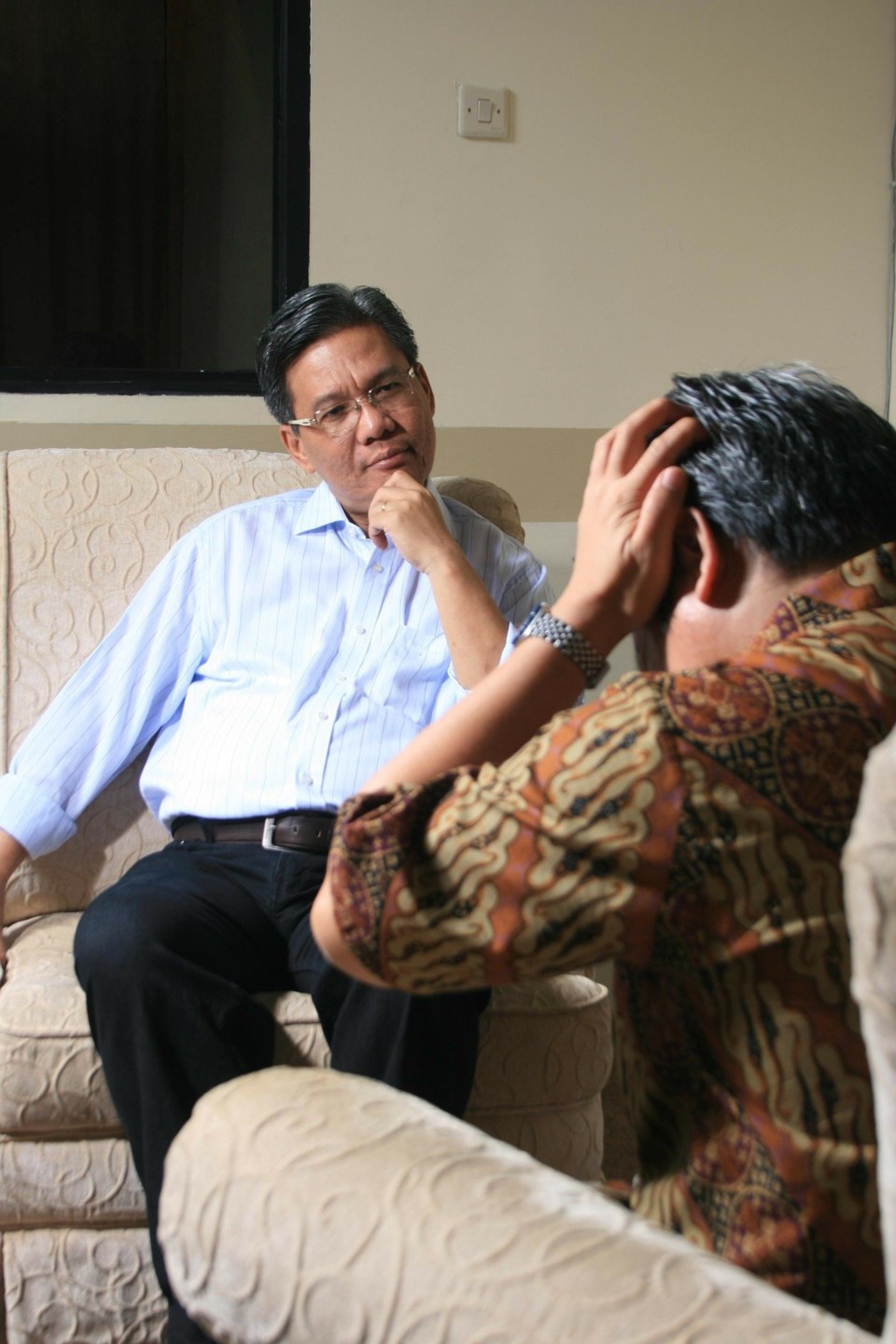A nationwide survey has revealed that the second wave of the pandemic has intensified feelings of stress and anxiety, increased levels of despair, suicidal thoughts and hopelessness among British Columbians.
According to the data by the Canadian Mental Health Association (CMHA), in partnership with UBC researchers, of the people in B.C. who completed the survey, 69 per cent indicated they’re worried about the second wave of the virus, with 55 per cent worried about a loved one or family member dying, and only 22 per cent feeling hopeful.
And, as winter approaches, 42 per cent of British Columbians say their mental health has deteriorated since March, while more than a third are worried about finances.
Of great concern is the sharp increase in “suicidality” this fall, with one in 10 Canadians experiencing recent thoughts or feelings of suicide, up from six per cent in the spring and 2.5 per cent throughout pre-pandemic 2016.
“Cold weather, uncertainty, eroded social networks and restrictions on holiday gatherings are hitting at a time when people are already anxious, hopeless and fearful that things are going to get worse,” said CMHA’s National CEO, Margaret Eaton.
“I am afraid that many people are in such despair that they can’t see past it.”
Experts are seeing a “direct relationship between social stressors and declining mental health,” added lead researcher Emily Jenkins, a professor of nursing at UBC who studies mental health and substance use.
“As the pandemic wears on and cases and related restrictions rise, a good proportion of our population is suffering.
“Particularly concerning are the levels of suicidal thinking and self-harm, which have increased exponentially since before the pandemic and are further magnified in certain sub-groups of the population who were already experiencing stigma, exclusion, racism and discrimination.”
Thirteen per cent of people surveyed in British Columbia have indicated that they have increased their use of substances as a way to cope.
Sixteen per cent of people in British Columbia have reported increased alcohol use, while many have also increased their use of other substances, including cannabis (6 per cent) and prescription medication (3 per cent).
The survey was dispatched by Maru/Matchbox from Sept. 14-21 to a representative sample of 3,027 people ages 18 and up living in Canada. The B.C. sample was 445.



